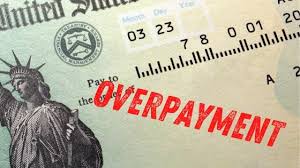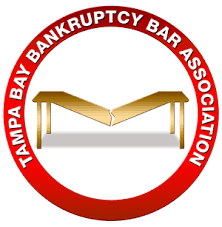Let’s be frank. If you have more than $10,000 unsecured debt, it may be better to use any stimulus monies to discharge all of your unsecured debt by filing a chapter 7 bankruptcy, rather than simply put it toward the interest that continues to accrue.
If this is your best option, there is good news. The new stimulus bill provides that this money will not be considered property of the bankruptcy, nor will it count against your income.
The most recent stimulus payments under the new stimulus bill (Consolidated Appropriation Act) are not property of the estate under temporary Code § 541(b)(11) enacted under the CCA. They are also excluded from CMI under the original CARES Act, at least until March 27, 2021. After March 27, until Dec. 27, 2021 when the CCA provisions sunset, you might argue that they are not disposable income under a separate amendment to the Internal Revenue Code enacted under the CCA (adds new 26 U.S.C. § 6428A) by providing that “no applicable payment shall be subject to, execution, levy, attachment, garnishment, or other legal process, or the operation of any bankruptcy or insolvency law.”
 Reboot Your Life: Tampa Student Loan and Bankruptcy Attorney Blog
Reboot Your Life: Tampa Student Loan and Bankruptcy Attorney Blog





